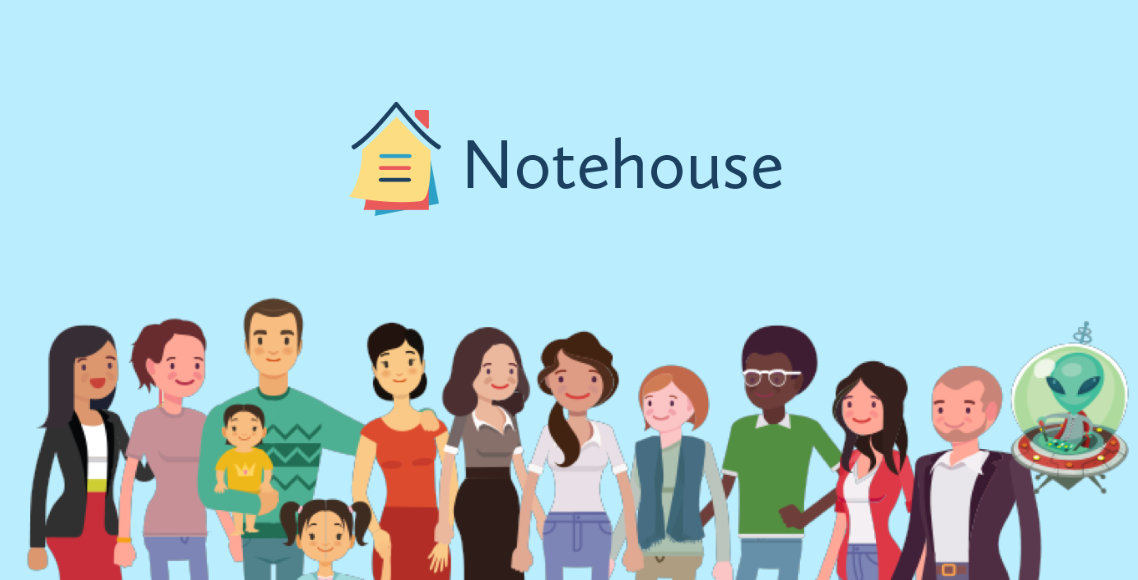Self Soothing vs. Self Care for Social Workers
.png.png)
Social workers do their best to support their clients every day. They juggle large caseloads, navigate dozens of support programs, and strive to be empathetic without sacrificing their mental health. Social work is considered a high-stress job and nearly 60% of professionals have experienced burnout and work-related health problems at some point.
There are two important tools that social workers can use to protect their physical, mental, and emotional health: self soothing and self care. These can reduce the body’s stress response, preventing burnout and making your work more effective. Learn more about self soothing and self care for social workers along with some actionable ways to get through the day.
What Is Self Care?
Self care is a series of habits you develop to boost your overall health. Self care occurs when you tap into these habits over a long period rather than picking them up any time you feel stressed or overwhelmed. After all, getting eight hours of sleep each night is more effective than going to bed early one or two nights a week!
Self care takes work. Keeping up with a healthy diet is a form of self care because it means you are giving your body the nutrients it needs to thrive. However, this requires you to go grocery shopping, choose healthy foods, and prepare meals throughout the week. You have to trust that this investment in yourself will pay off in the long run.
What Is Self Soothing?
Self soothing is an immediate response to a stressful or negative situation. If you have a bad meeting where multiple participants get angry or upset, you may need to practice self soothing during or after the event. Self soothing activities allow you to control your heart rate, breathing, and emotions.
The main challenge with self soothing is choosing healthy activities. Making a hot cup of tea or meditating quietly in a cool, dark room are good self soothing options for social workers. It’s tempting to turn to junk food or head to the bar after work, but these self soothing activities can make you feel physically and mentally worse.
The Difference Between Self Care and Self Soothing
Self care consists of long-term habits that promote your health. Self soothing is an immediate response to a stressful situation or event. While developing self care habits can lower your stress and anxiety levels over time, you will still occasionally need self soothing techniques.
For example, walking in the park every day as a cardio workout is self care. Walking around the parking lot after a tough client call is self soothing.
Examples of Self Care for Social Workers
There are multiple ways to practice self care for social workers. You can take steps to invest in healthier habits in both your personal and professional life. Here are a few examples of self care:
Get enough sleep: this is essential to your physical and mental health.
Eat well: make sure you have enough fruits and vegetables in your diet and eat a reasonable number of calories each day.
Organize yourself: One of the best gifts you can give yourself is organization. By taking excellent notes and maintaining your schedule (there are some great apps for this!), you’ll definitely experience less day-to-day stress.
Exercise: the best workout is the one you actually do. Discover activities you love, from cycling and swimming to dancing and playing pickleball.
Stay organized: keep an organized inbox, clearly label folders, and take good notes. You will spend less time searching for documents and can feel confident approaching the day.
Set boundaries: set times when you will turn off your phone and stop responding to emails. Good boundaries are essential for preventing burnout.
It’s okay to go out for dinner on occasion or stay out late for a concert. However, long-term self care can support your health through the most stressful times.
Examples of Self Soothing for Social Workers
Everyone has their own self soothing techniques to calm down after a stressful event. Here are a few examples to try.
Practice mindful breathing: Inhale slowly, hold your breath for a few seconds, and then release the air. You can also look into apps that help you meditate.
Drink herbal tea: Find a caffeine-free tea that you enjoy. Slowly sipping the hot beverage can help you calm down.
Go for a walk: Move your body through a walk or brief exercise session. This can regulate your heartbeat while releasing endorphins.
Take a warm bath: There’s not much that is more soothing than a dip in the tub with a few candles to soothe yourself after a stressful day.
Listen to your body when you need to self soothe. Some people want to move around while others need to sit for a few minutes.
Good Note Taking Is an Act of Self Care!
Self care for social workers starts with good workflows. If you can invest in processes and systems that save time, you can focus your energy on more meaningful work. An effective note taking platform like Notehouse will make it easier to jot down important insights and tasks during client meetings. You can focus more on the person and less on your notes.
When you review these notes later, you won’t have to interpret messy handwriting or half-written thoughts. This saves time and reduces your stress levels because you can see exactly what action items need to be done.
Investing in yourself is one of the best ways to invest in your clients. Learn more about the features offered by Notehouse and how they can make you a more effective—and less stressed—social worker.
.png)

.png.png)
.png.png)
.png.png)